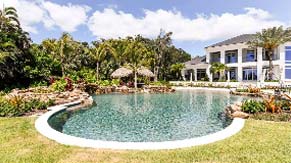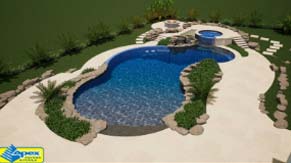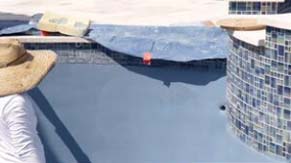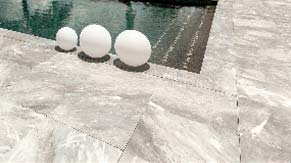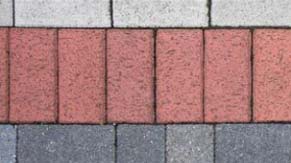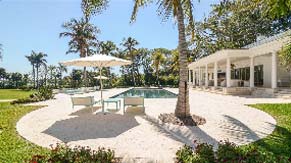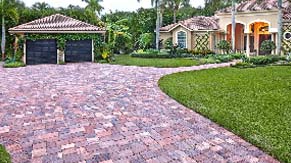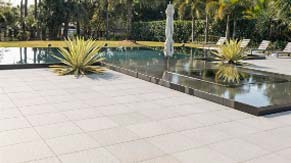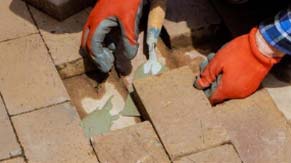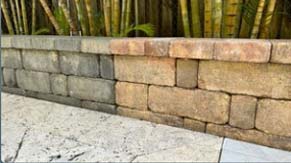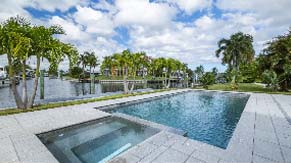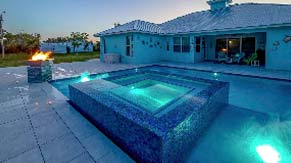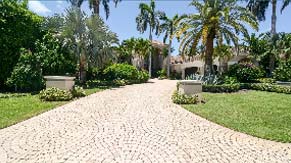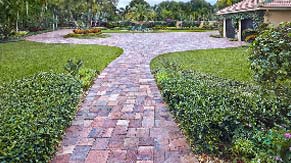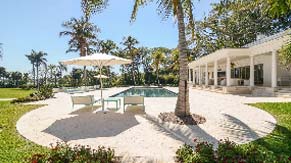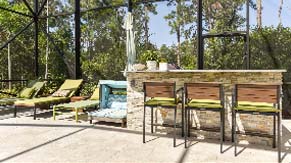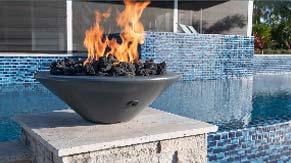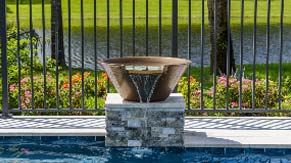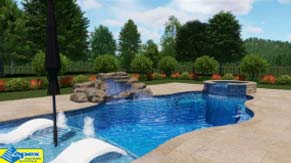Your Complete Guide to Pool Maintenance
Welcome to Apex Pool School, the premier destination for comprehensive pool maintenance education. Our expert-led courses teach you everything from basic water chemistry to advanced filtration systems, ensuring your pool remains crystal clear, safe, and inviting year-round.
Our structured learning program covers all aspects of pool maintenance, from basic chemistry to advanced troubleshooting. Each course builds upon the previous one, ensuring you develop complete mastery of pool care. This introductory video provides a brief overview of what you can expect to learn and the key areas we will cover to help you become a confident pool owner.
What You'll Learn in Pool School:
-
Mastering pool water chemistry and maintaining optimal water levels.
-
Accurate water testing procedures and interpreting results.
-
Understanding and managing your pool's automation and equipment.
-
Effective filter maintenance and cleaning techniques.
-
Proper operation and troubleshooting of pool heaters.
-
Methods for detecting and addressing pool leaks, such as the bucket test.
-
Essential cleaning practices like pool brushing to prevent algae and maintain surfaces.
-
Strategies for keeping chemicals balanced to avoid plaster damage and scaling.
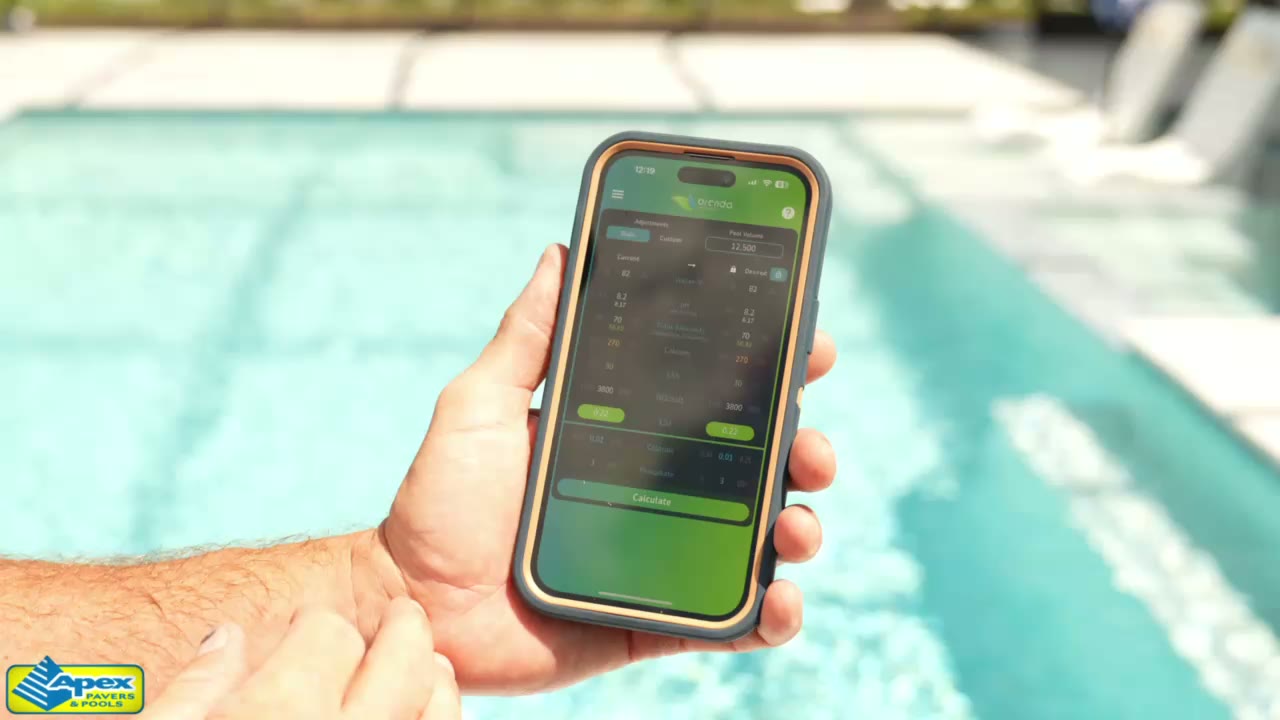
Class: Pool Water Chemistry
Understand the fundamental principles of pool water chemistry to maintain a healthy and balanced swimming environment.
What You'll Learn:
- The six critical parameters of pool water chemistry and their impact on LSI.
- How to effectively use the Orenda app for precise chemical calculations and adjustments.
- The importance of LSI in preventing pool plaster damage and scale formation.
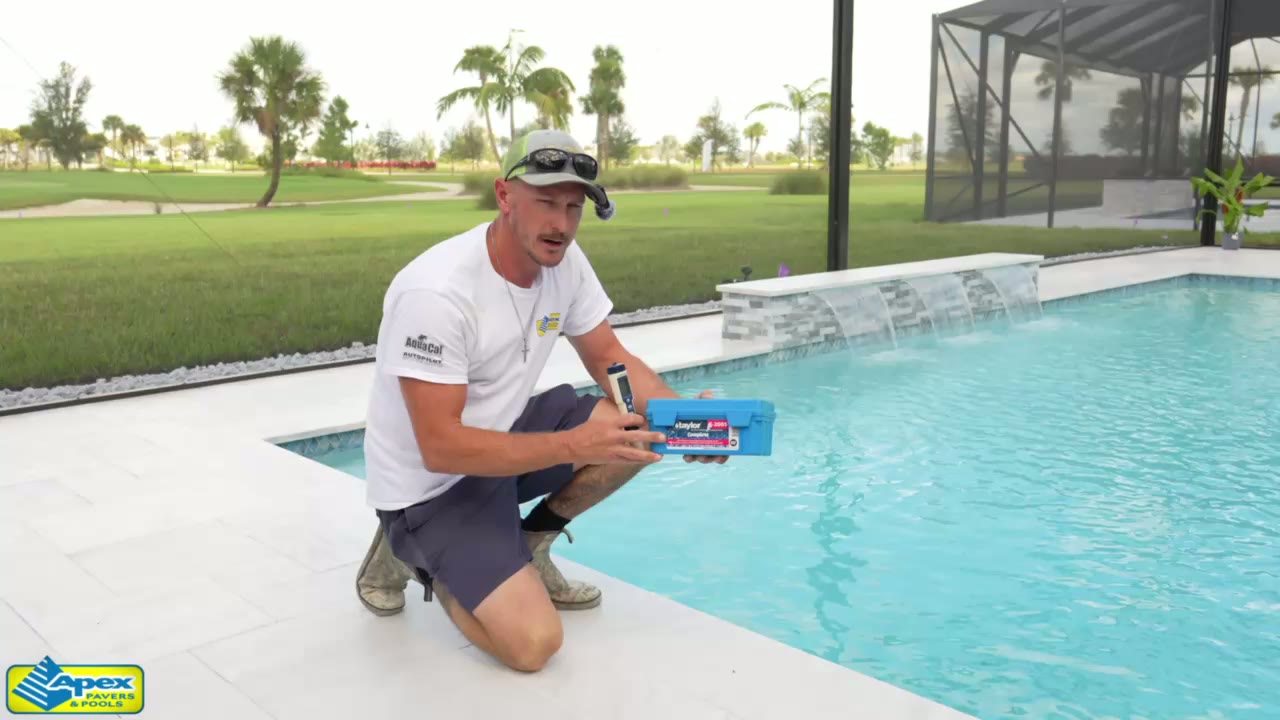
Class: Pool Water PH Test
Learn how to accurately test and interpret pH levels in your pool water for optimal balance.
What You'll Learn:
- The importance of pH and alkalinity in pool water balance.
- How to use a Taylor test kit (K2005) and digital pH meters for accurate readings.
- Step-by-step instructions for performing a pH test.
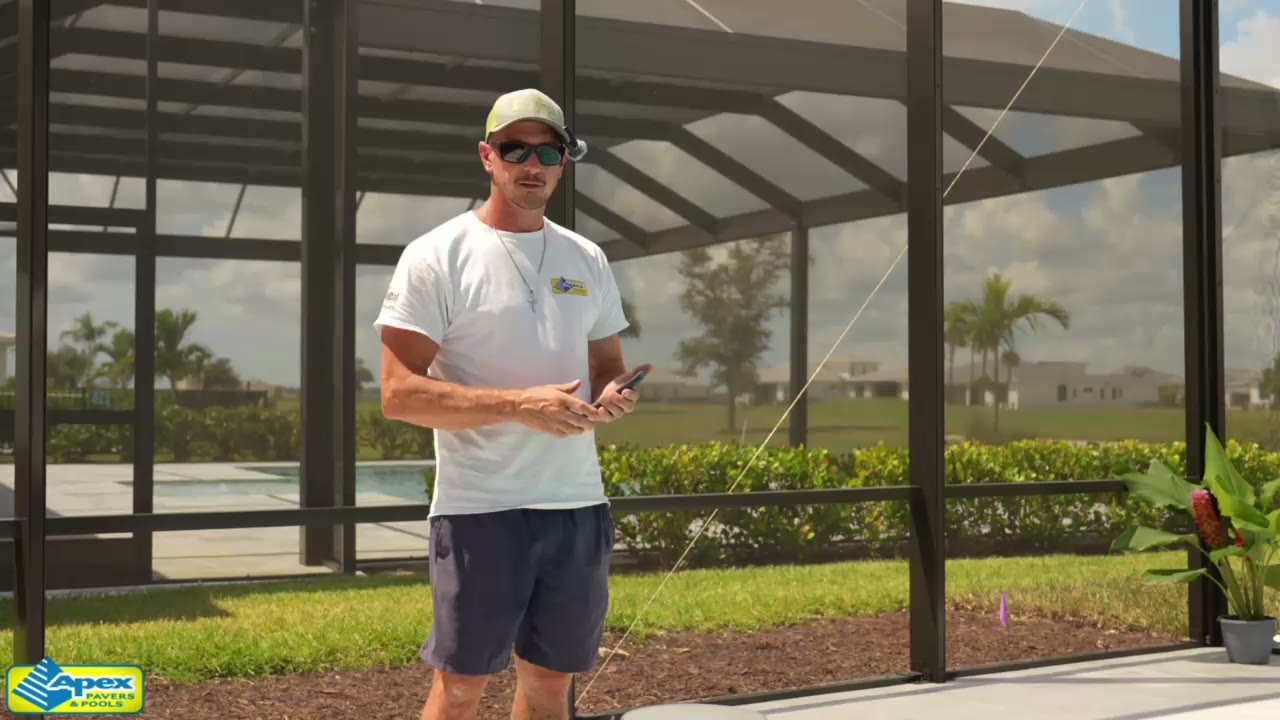
Class: Pool PH Balance
Master the techniques to effectively balance your pool's pH, ensuring swimmer comfort and equipment longevity.
What You'll Learn:
- The importance of pH balance for pool health and safety.
- How to calculate the precise amount of muriatic acid required to lower pH.
- Why improper muriatic acid application can cause severe damage to pool plaster.
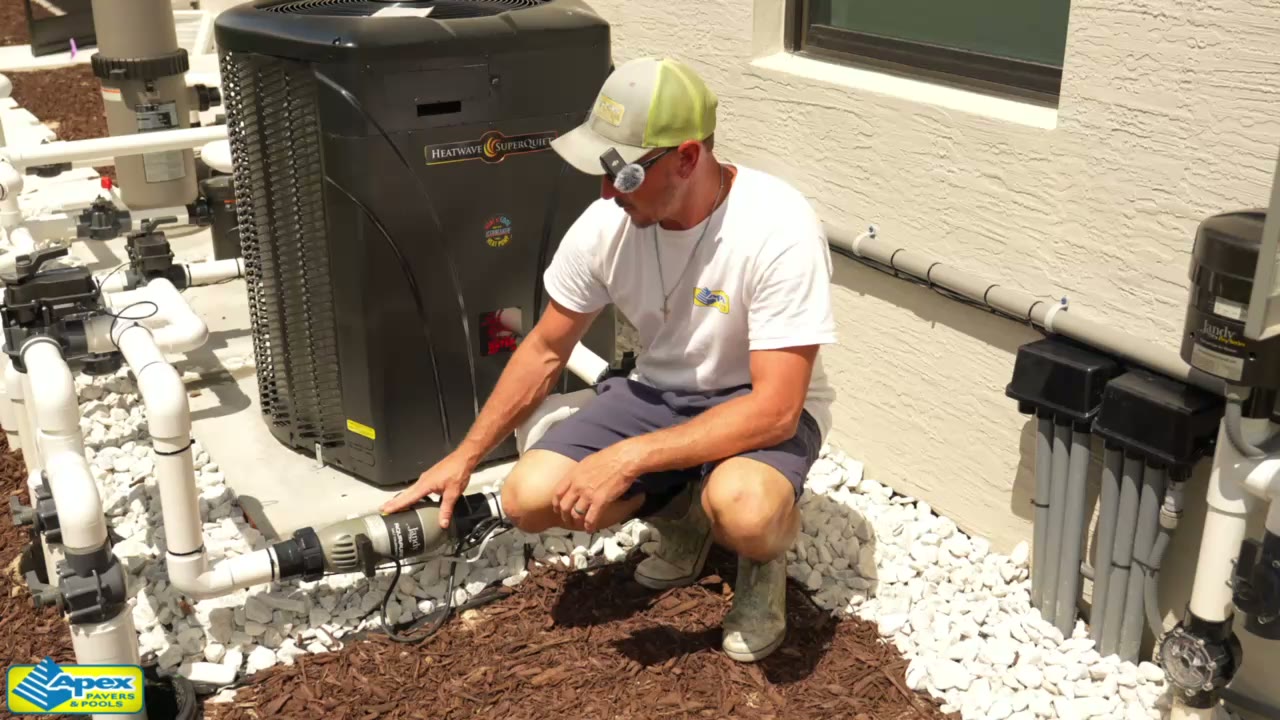
Class: Salt Water
Explore the specifics of maintaining a salt water pool, from salt levels to generator care.
What You'll Learn:
- The fundamental difference between traditional and salt water chlorine pools.
- How a salt chlorine generator produces chlorine through electrolysis.
- Step-by-step instructions for cleaning your salt cell to prevent calcium buildup.
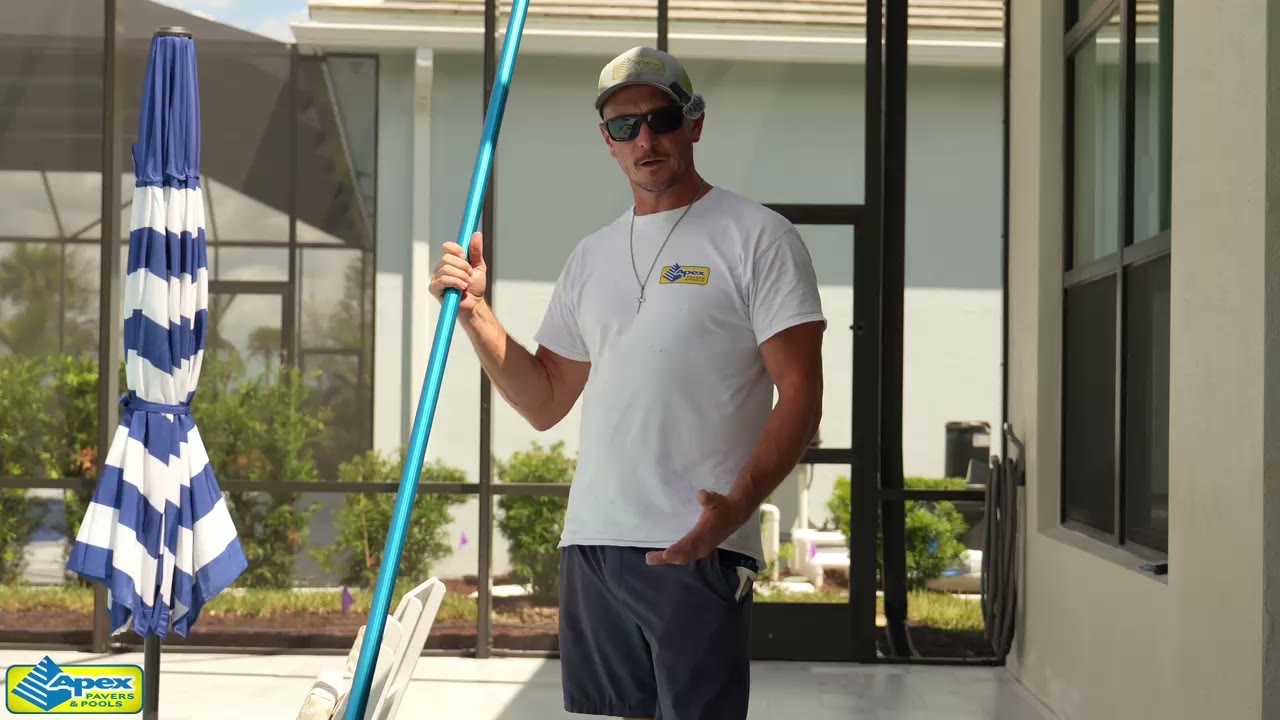
Class: Pool Brushing
Discover effective brushing techniques to keep your pool surfaces clean and prevent algae growth.
What You'll Learn:
- The critical role of regular brushing in pool maintenance.
- How brushing effectively removes surface dirt, debris, and plaster dust.
- Proper techniques for brushing all pool surfaces: bottom, steps, and sidewalls.
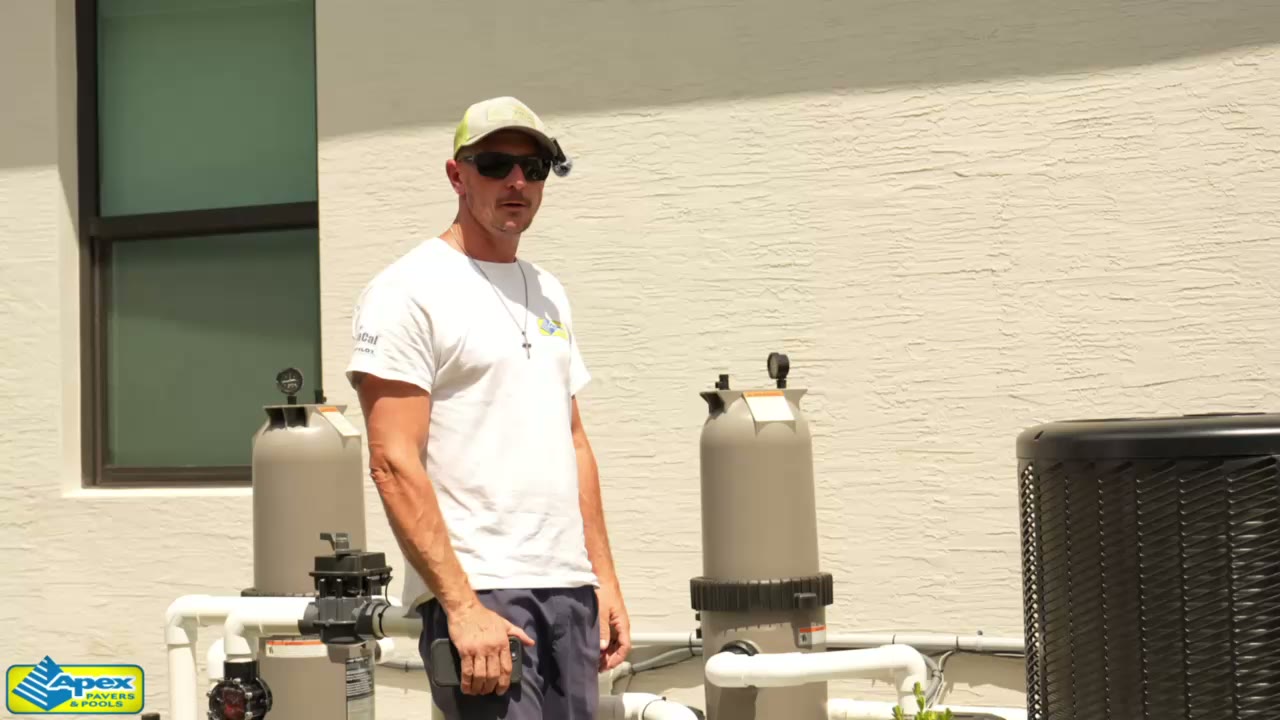
Class: Pool Filter
Learn how to maintain and troubleshoot your pool filter for crystal clear water.
What You'll Learn:
- How to safely shut down your pool equipment using the iAquaLink panel.
- Step-by-step instructions for cleaning your pool pump basket.
- The proper procedure for disassembling, cleaning, and reassembling your pool filter cartridge.
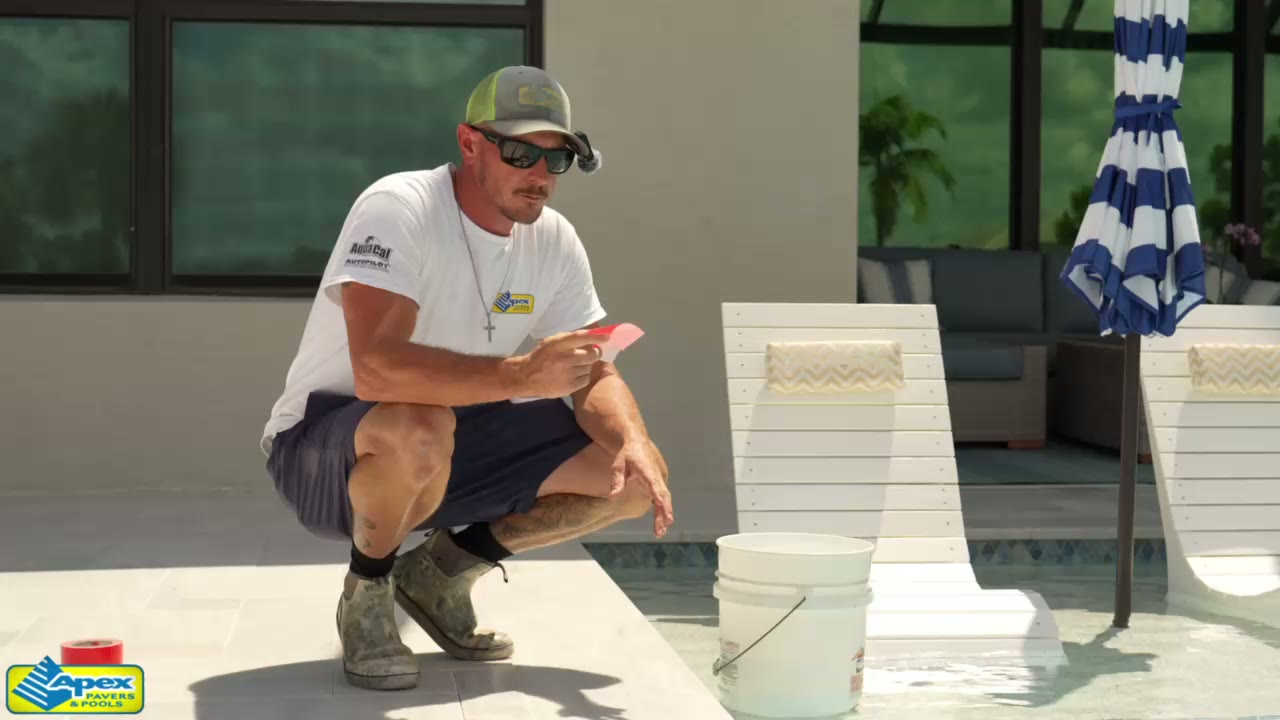
Class: Pool Water Level
Learn how to maintain the correct water level in your pool and troubleshoot common issues.
What You'll Learn:
- The typical amount of water loss due to evaporation in various climates (e.g., Florida).
- How to accurately perform a simple bucket test to check for pool leaks.
- Methods for interpreting the results of the bucket test to distinguish between evaporation and a leak.
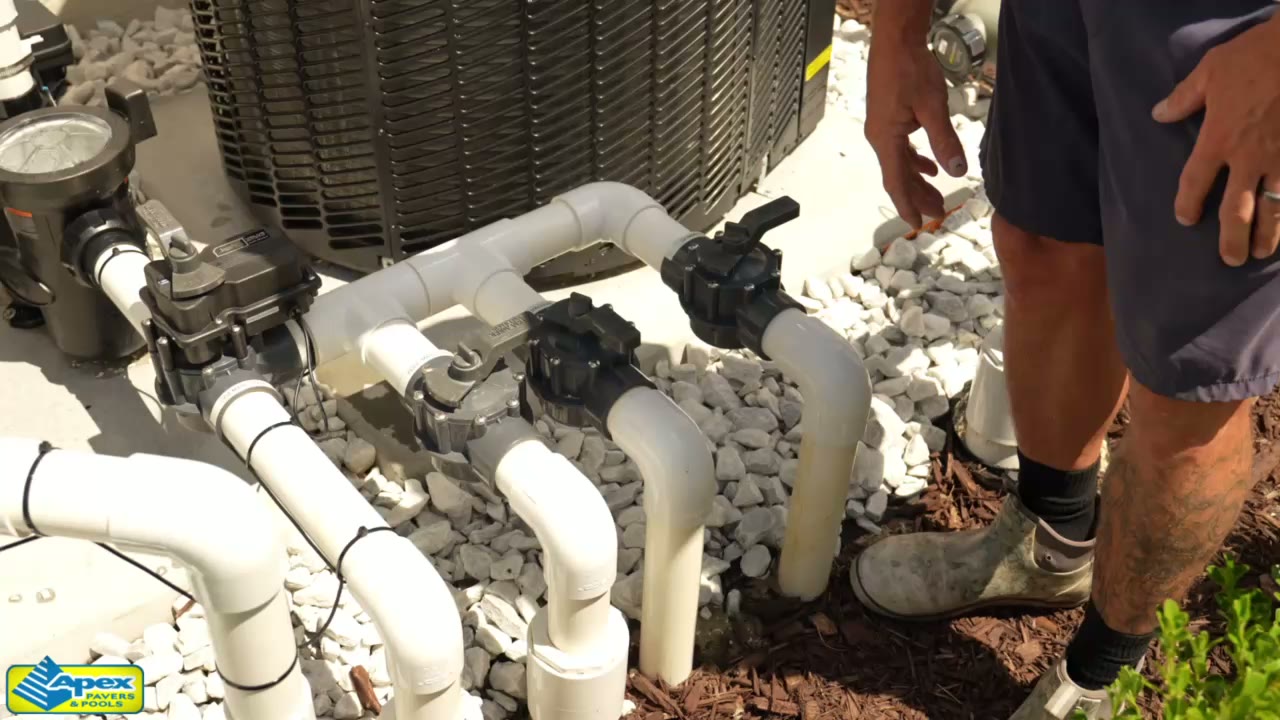
Class: Pool Water Suction
Understand the principles of pool water suction and how to optimize your system for efficient cleaning.
What You'll Learn:
- How to properly set up and connect your pool vacuum.
- The technique for manipulating pool valves to direct suction to the vacuum line.
- Understanding the 'inline is off' principle for pool valves and its implications.
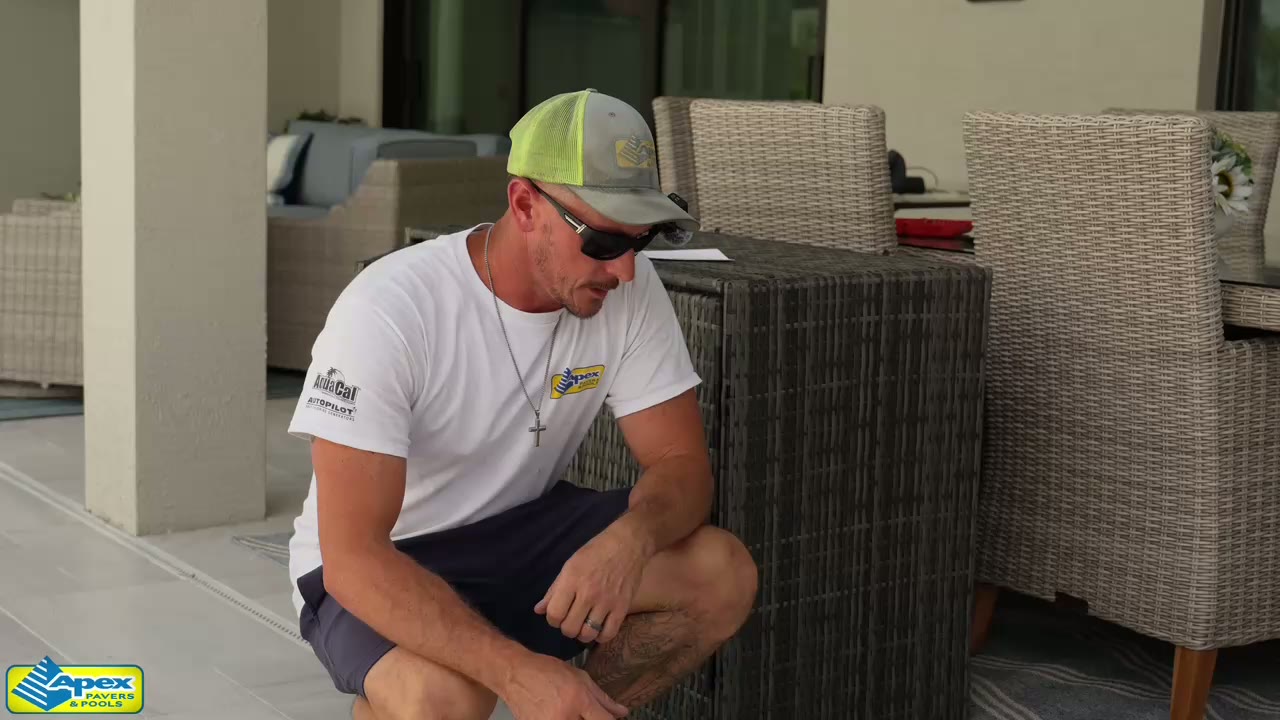
Class: Deck Drain
Learn about deck drain systems and how to maintain them to prevent water accumulation around your pool.
What You'll Learn:
- The primary purpose and function of deck drains in a pool environment.
- How proper paver pitching directs water towards drainage systems.
- Common causes of deck drain clogs, such as dirt and debris.
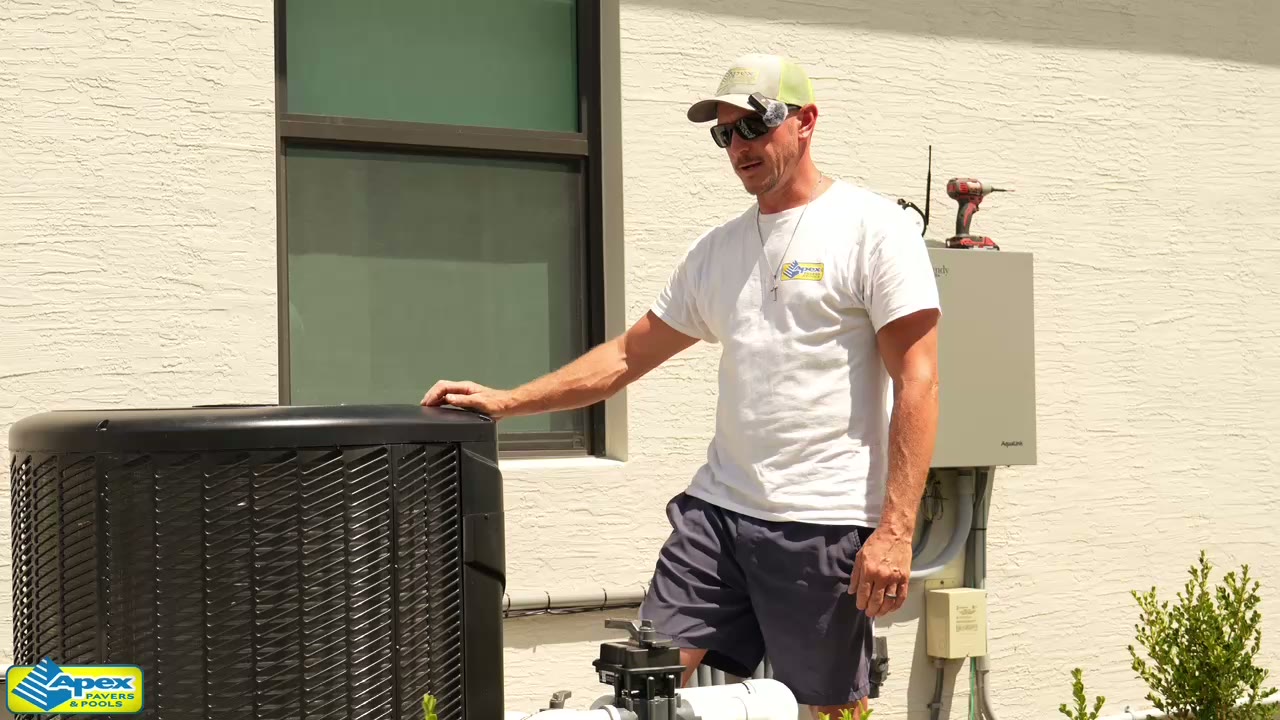
Class: Heater
Get to know your pool heater and how to ensure its efficient operation and longevity.
What You'll Learn:
- The process of condensation in pool heaters and why it's normal.
- How to identify weep holes and collection pans on your heater.
- Key differences between condensation and a true plumbing leak.
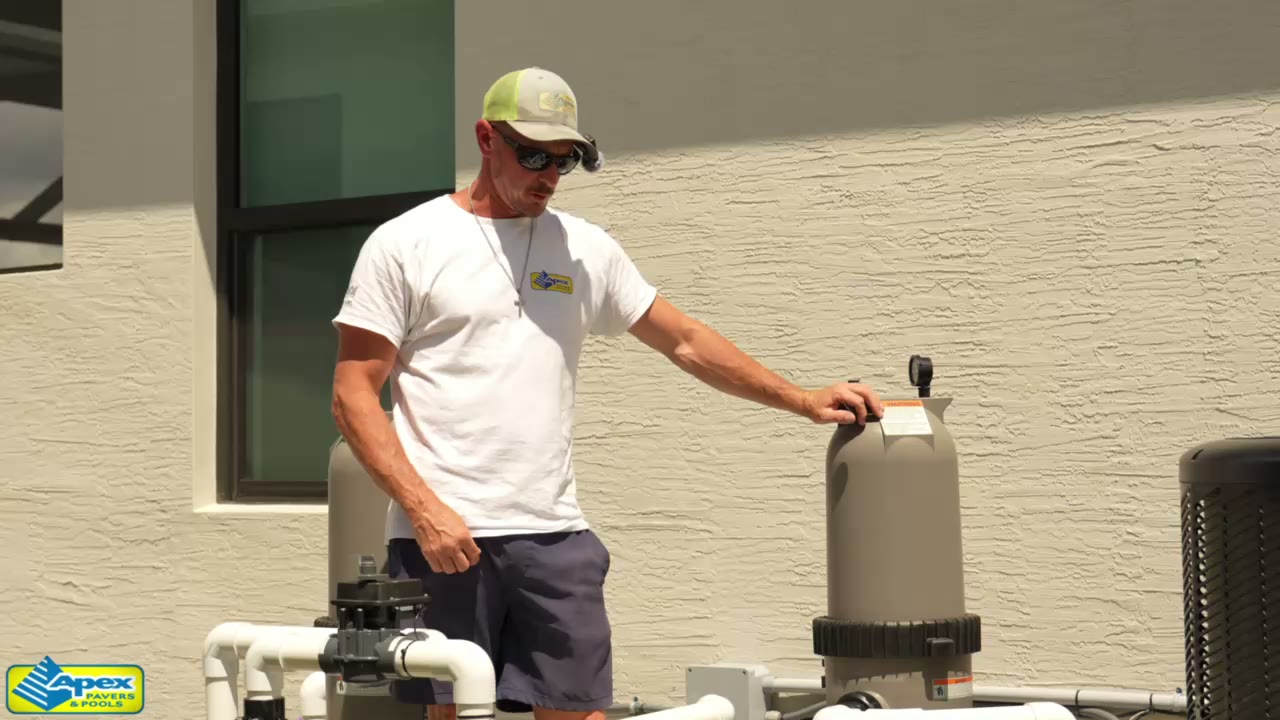
Class: Pool Plumbing
An introduction to pool plumbing systems, understanding their components and basic maintenance.
What You'll Learn:
- Identify the main components of a pool plumbing system, including pumps, filters, and heaters.
- Understand the flow of water through both the suction and return sides of your pool.
- Recognize different suction points: main drain, skimmer, and dedicated vacuum line.
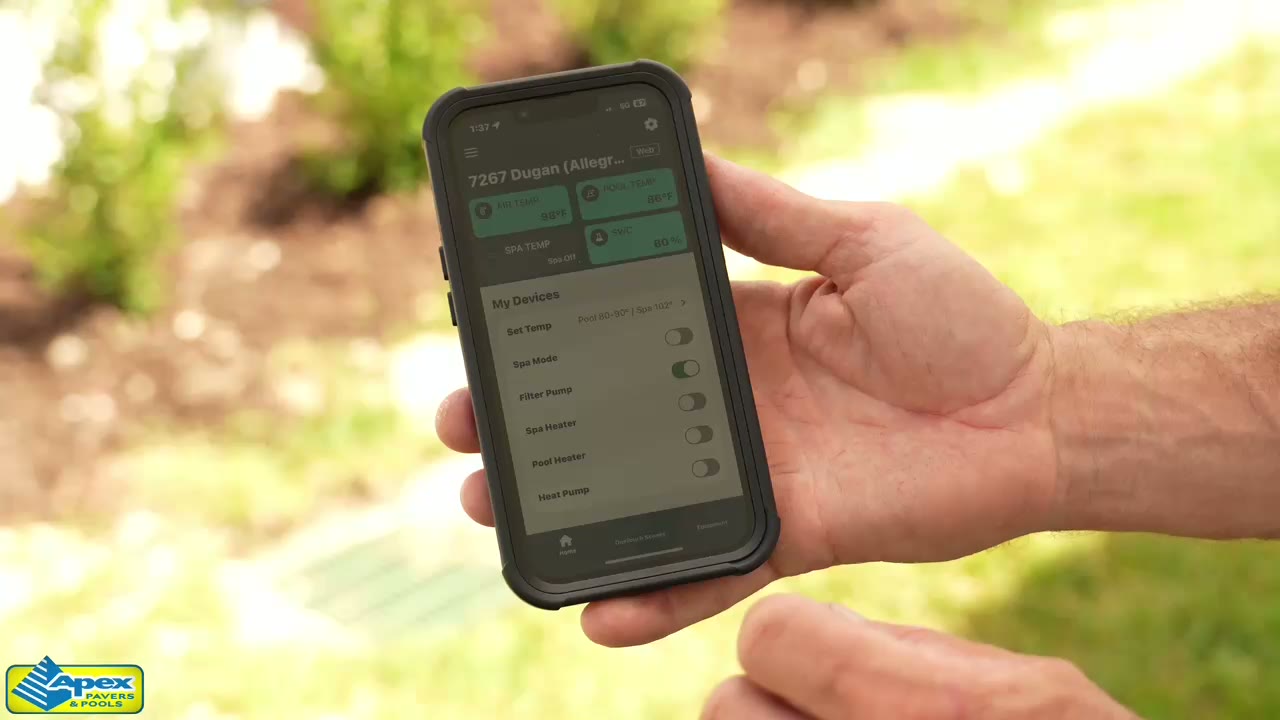
Class: Pool Spa Mode
Learn how to effectively switch between pool and spa modes and manage their respective settings.
What You'll Learn:
- How to activate spa mode using your pool's control system.
- The automated valve adjustments that occur when switching to spa mode.
- How water suction is redirected exclusively to the spa's main drain.
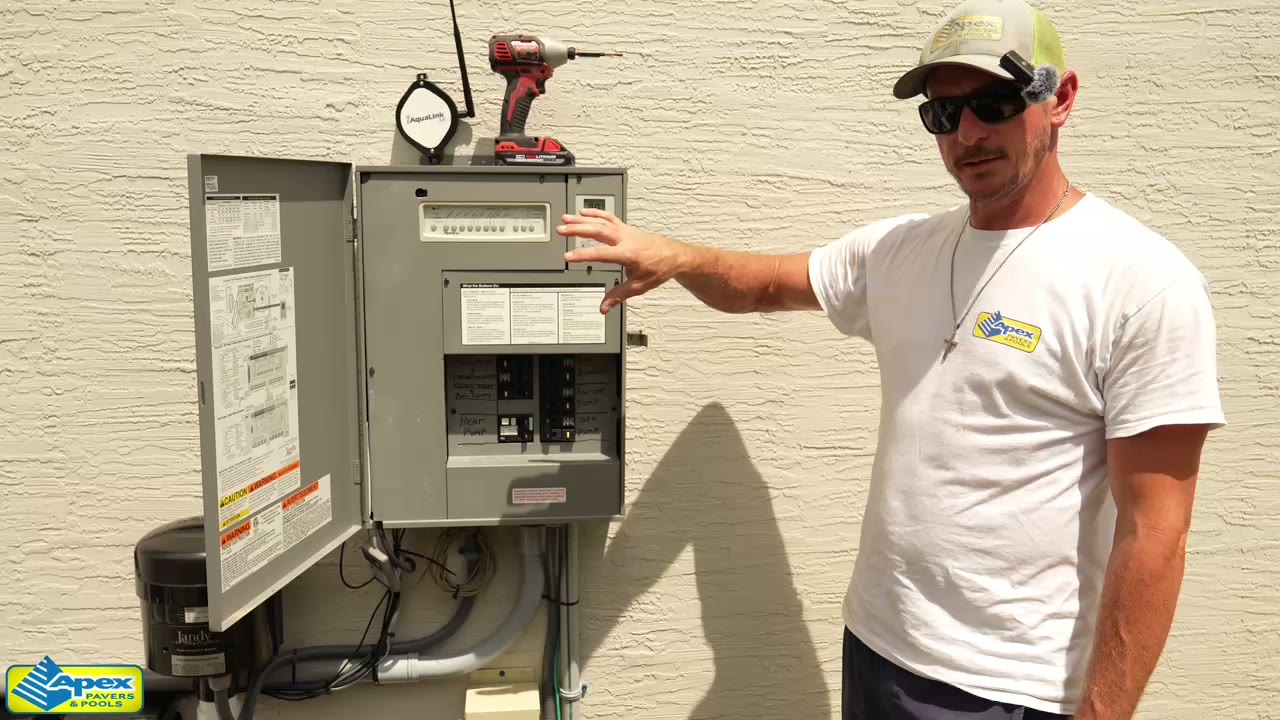
Class: Pool Spa Automation Electric Panel
Understand the functions of your pool and spa automation electric panel for advanced control.
What You'll Learn:
- The purpose and components of your pool and spa automation electric panel.
- How to identify and check labeled breakers within the subpanel.
- Basic troubleshooting steps for tripped breakers affecting pool equipment.
Why Choose Apex Pool School?
With over 20 years of experience in pool maintenance and construction, Apex Pool School offers the most comprehensive and practical pool education available. Our expert-led courses combine theoretical knowledge with hands-on techniques used by professional pool technicians.
Frequently Asked Questions
Here are some common questions about pool maintenance. If you have other questions, feel free to contact us.
We recommend testing your pool water at least once a week to ensure it's properly balanced. Key parameters to check are pH, chlorine, and alkalinity.
The ideal pH level for a swimming pool is between 7.4 and 7.6. This range ensures the water is comfortable for swimmers and that your chlorine is effective.
As a general rule, you should run your pool filter for at least 8 to 12 hours a day. This ensures all the water in your pool is filtered at least once.
A pool shock is the process of adding a large dose of chlorine to the water to kill bacteria, algae, and other contaminants. It's an essential part of regular pool maintenance.

